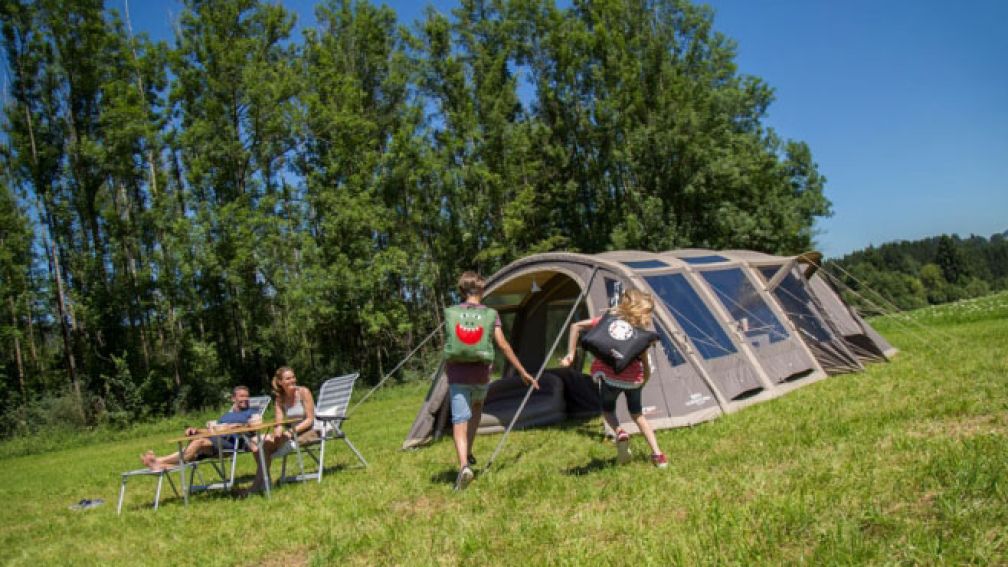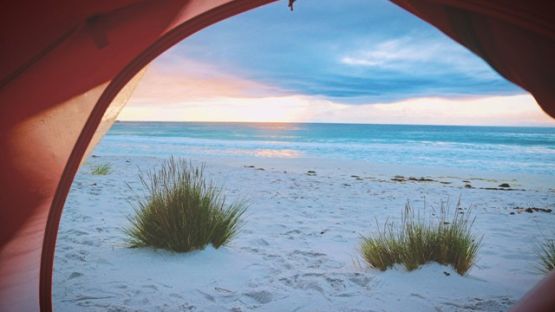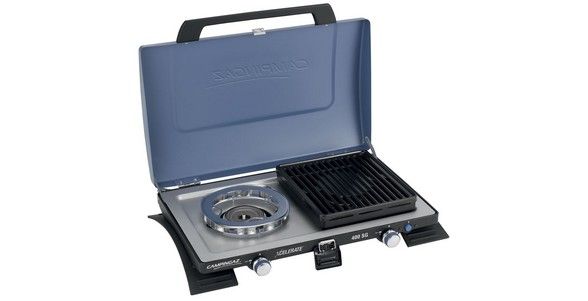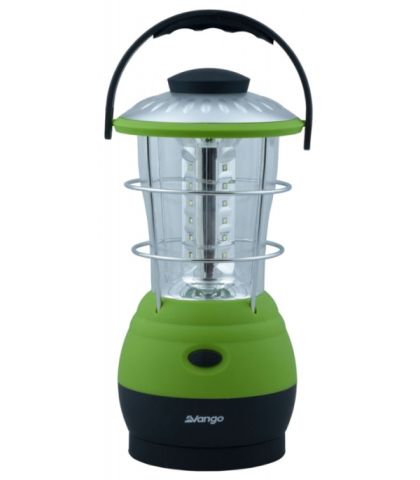Booking Your Camping Holiday
There’s no denying that the seasons have changed, and we are now into spring and summer, so if you haven’t already, now is the time to book your camping holiday before all the best pitches are taken. Here are our top tips for smooth booking.
1. Set the date
This might seem like a very obvious first step, but there are a couple of things to consider when choosing and setting a date for camping. Term dates vary across the country, so by picking an area with different summer term dates to your own you can have a slightly quieter holiday at the beginning or end of the summer break. Booking time off work and checking when the kids are off school are the main factors in setting date, but if money is tight it is worth booking a holiday for just after payday so you know there will be money in the bank for entertainment.
2. Check in with other guests
If you are camping with friends and family they also need to consider the factors above when choosing a date for a camping trip. Involving other parties in a camping trip does make setting a date more difficult, but the earlier you settle on a date (or several potential dates) the sooner you can see what is available to you.
3. Set the location
If camping with others it is likely that you will be looking for a place that is equidistant for all parties, so it is time to get out the maps and have a look at the general areas you can camp in. From there you can use the many camp site listings websites available to find a good camp site with the facilities you all need. On the other hand, you may be intending to head to a regular spot, which takes the hassle out of finding a new site. If going to a particular site it is best to book as soon as possible to ensure you get a date which suits you.
4. Set the budget
When you know the dates and (either vague or exact) location of your trip, it is time to set the budget. If camping with others you may decide on a kitty system whereby all parties pay into a central pot, and this is used for group entertainment, dining and general expenses. If camping alone or with your own family then setting a budget is still an important thing to do as it gives you a chance to save up and also ensures you won’t come back from holiday flat broke. Researching the activities and attractions nearby will give you an idea of the entertainment spend, then factor in eating out/in plus any games or equipment you will need to buy. The pitch fees should be considered in the overall budget as well, and if you haven’t settled on a site at this point, then the pitch fees may be the deciding factor in where to go.
5. Book your holiday!
Now you know the dates, who is going, where you’re going and what you have to spend it’s time book up. Most sites will want a deposit; some require full or part payment to secure the booking but from there it is mostly plain sailing. Check out our other articles on camping check lists to get prepared nearer the time!











